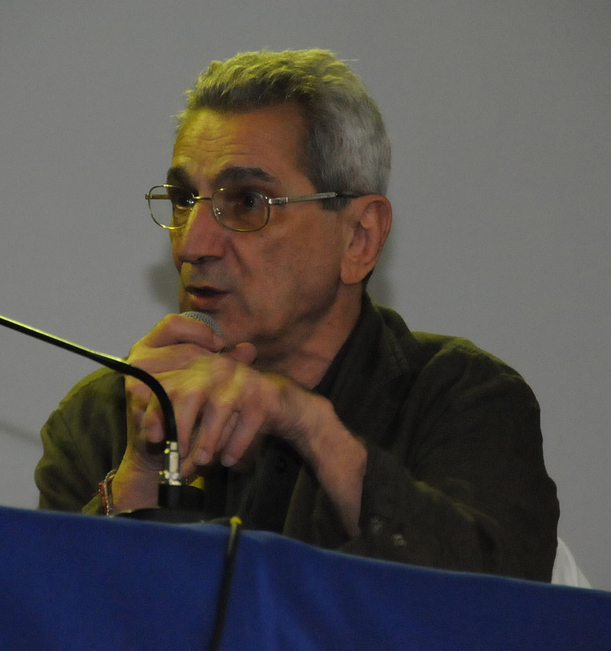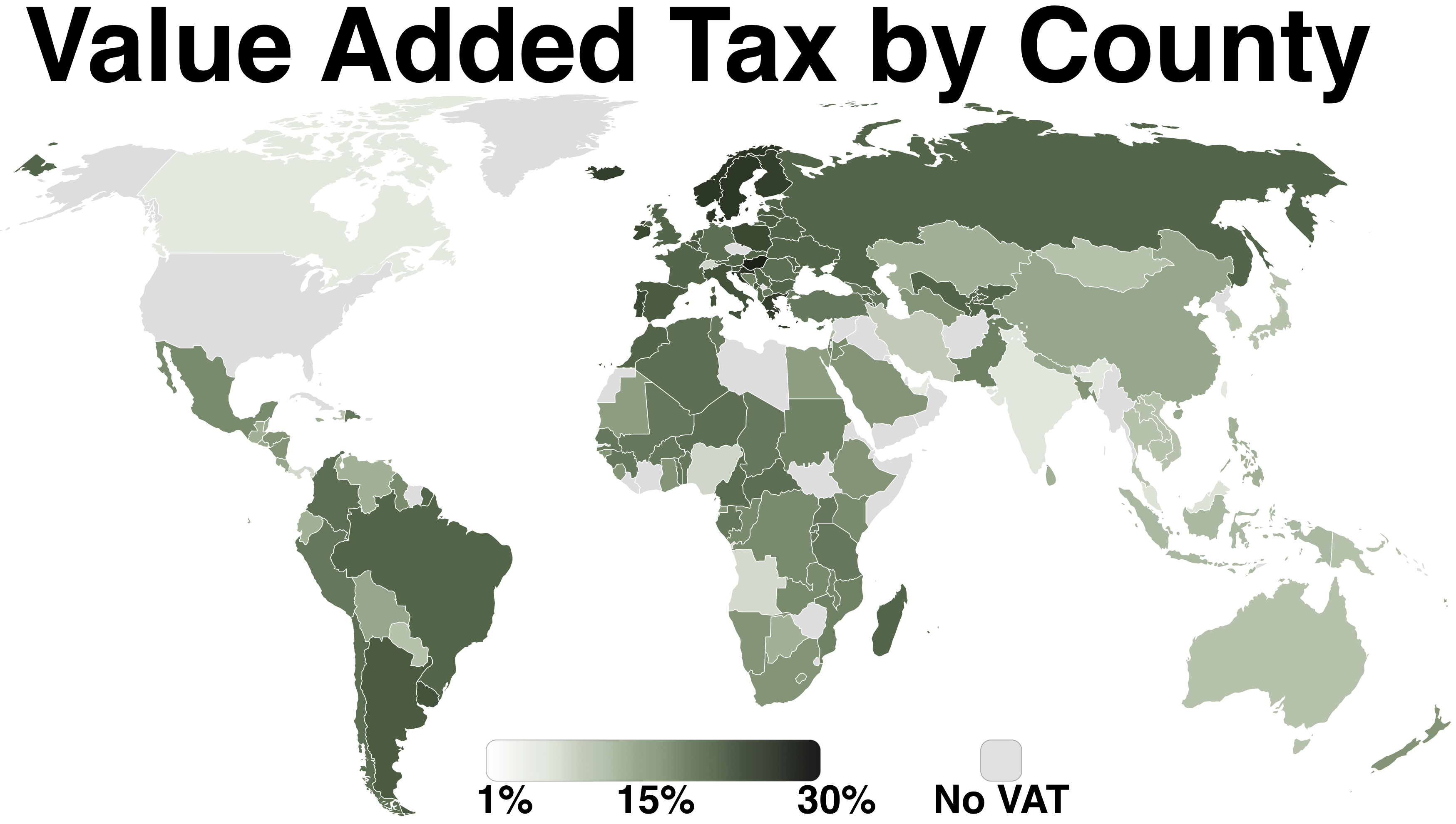|
The End Of Work
''The End of Work: The Decline of the Global Labor Force and the Dawn of the Post-Market Era'' is a non-fiction book by American economist Jeremy Rifkin, published in 1995 by Putnam Publishing Group. Synopsis In 1995, Rifkin contended that worldwide unemployment would increase as information technology eliminated tens of millions of jobs in the manufacturing, agricultural and service sectors. He predicted devastating impact of automation on blue-collar, retail and wholesale employees. While a small elite of corporate managers and knowledge workers would reap the benefits of the high-tech world economy, the American middle class would continue to shrink and the workplace become ever more stressful. As the market economy and public sector decline, Rifkin predicted the growth of a third sector—voluntary and community-based service organizations—that would create new jobs with government support to rebuild decaying neighborhoods and provide social services. To financ ... [...More Info...] [...Related Items...] OR: [Wikipedia] [Google] [Baidu] |
Jeremy Rifkin
Jeremy Rifkin (born January 26, 1945) is an American economic and social theorist, writer, public speaker, political advisor, and activist. Rifkin is the author of 23 books about the impact of scientific and technological changes on the economy, the workforce, society, and the environment. His most recent books include ''The Age of Resilience'' (2022), ''The Green New Deal'' (2019), ''The Zero Marginal Cost Society'' (2014), '' The Third Industrial Revolution'' (2011), '' The Empathic Civilization'' (2010), and '' The European Dream'' (2004). Rifkin is the principal architect of the "Third Industrial Revolution" long-term economic sustainability plan to address the triple challenge of the global economic crisis, energy security, and climate change. The Third Industrial Revolution (TIR) was formally endorsed by the European Parliament in 2007. ''The Huffington Post'' reported from Beijing in October 2015 that "Chinese Premier Li Keqiang has not only read Jeremy Rifkin's book, ''T ... [...More Info...] [...Related Items...] OR: [Wikipedia] [Google] [Baidu] |
Public Sector
The public sector, also called the state sector, is the part of the economy composed of both public services and public enterprises. Public sectors include the public goods and governmental services such as the military, law enforcement, infrastructure, public transit, public education, along with health care and those working for the government itself, such as elected officials. The public sector might provide services that a non-payer cannot be excluded from (such as street lighting), services which benefit all of society rather than just the individual who uses the service. Public enterprises, or state-owned enterprises, are self-financing commercial enterprises that are under public ownership which provide various private goods and services for sale and usually operate on a commercial basis. Organizations that are not part of the public sector are either part of the private sector or voluntary sector. The private sector is composed of the economic sectors that are intende ... [...More Info...] [...Related Items...] OR: [Wikipedia] [Google] [Baidu] |
Technological Determinism
Technological determinism is a reductionist theory that assumes that a society's technology progresses by following its own internal logic of efficiency, while determining the development of the social structure and cultural values. The term is believed to have originated from Thorstein Veblen (1857–1929), an American sociologist and economist. The most radical technological determinist in the United States in the 20th century was most likely Clarence Ayres who was a follower of Thorstein Veblen and John Dewey. William Ogburn was also known for his radical technological determinism and his theory on cultural lag. The first major elaboration of a technological determinist view of socioeconomic development came from the German philosopher and economist Karl Marx, who argued that changes in technology, and specifically productive technology, are the primary influence on human social relations and organizational structure, and that social relations and cultural practices ultimate ... [...More Info...] [...Related Items...] OR: [Wikipedia] [Google] [Baidu] |
George Caffentzis
__NOTOC__ George Caffentzis (born 1945) is an American political philosopher and an autonomist Marxist. He founded the Midnight Notes Collective, is a founder member of the co-ordinator of the Committee for Academic Freedom in Africa and a professor of philosophy at the University of Southern Maine. Books * ''Parole abusate, monete tosate e governo civile. La filosofia del denaro di John Locke'', Istituto dell' Enciclopedia Italiana fondata da Giovanni Treccani, Rome, Italy, 1988. * ''Clipped Coins, Abused Words and Civil Government: John Locke's Philosophy of Money'' (New York: Autonomedia/ Semiotext(e) Press, 1989). * ''Midnight Oil: Work, Energy, War, 1973–1992'', (New York: Autonomedia, 1992) (co-edited). A chapter from Midnight Oil, "Introduction to The New Enclosures," was reprinted in David Solnit (ed.), Globalize Liberation: How to Uproot the System and Build a Better World (San Francisco: City Lights Books, 2004), pp. 61–72. * ''A Thousand Flowers: Social Struggles ... [...More Info...] [...Related Items...] OR: [Wikipedia] [Google] [Baidu] |
Autonomism
Autonomism, also known as autonomist Marxism is an anti-capitalist left-wing political and social movement and theory. As a theoretical system, it first emerged in Italy in the 1960s from workerism (). Later, post-Marxist and anarchist tendencies became significant after influence from the Situationists, the failure of Italian far-left movements in the 1970s, and the emergence of a number of important theorists including Antonio Negri, who had contributed to the 1969 founding of as well as Mario Tronti, Paolo Virno and Franco "Bifo" Berardi. George Katsiaficas summarizes the forms of autonomous movements saying that "In contrast to the centralized decisions and hierarchical authority structures of modern institutions, autonomous social movements involve people directly in decisions affecting their everyday lives, seeking to expand democracy and help individuals break free of political structures and behavior patterns imposed from the outside". This has involved a call for the ... [...More Info...] [...Related Items...] OR: [Wikipedia] [Google] [Baidu] |
Welfare Payment
Welfare, or commonly social welfare, is a type of government support intended to ensure that members of a society can meet basic human needs such as food and shelter. Social security may either be synonymous with welfare, or refer specifically to social insurance programs which provide support only to those who have previously contributed (e.g. most pension systems), as opposed to ''social assistance'' programs which provide support on the basis of need alone (e.g. most disability benefits). The International Labour Organization defines social security as covering support for those in old age, support for the maintenance of children, medical treatment, parental and sick leave, unemployment and disability benefits, and support for sufferers of occupational injury. More broadly, welfare may also encompass efforts to provide a basic level of well-being through free or subsidized ''social services'' such as healthcare, education, infrastructure, vocational training, and pu ... [...More Info...] [...Related Items...] OR: [Wikipedia] [Google] [Baidu] |
Social Wage
Guaranteed minimum income (GMI), also called minimum income (or mincome for short), is a social-welfare system that guarantees all citizens or families an income sufficient to live on, provided that certain eligibility conditions are met, typically: citizenship; a means test; and either availability to participate in the labor market, or willingness to perform community services. The primary goal of a guaranteed minimum income is reduction of poverty. In circumstances when citizenship is the sole qualification, the program becomes a universal basic income system. Elements A system of guaranteed minimum income can consist of several elements, most notably: * Calculation of the social minimum, usually below the minimum wage * Social safety net that helps those without sufficient financial means survive at the social minimum through payments or a loan, generally conditional on availability for work, performance of community services, some kind of social contract, or commitment to ... [...More Info...] [...Related Items...] OR: [Wikipedia] [Google] [Baidu] |
Administration Of Federal Assistance In The United States
In the United States, federal assistance, also known as federal aid, federal benefits, or federal funds, is defined as any federal program, project, service, or activity provided by the federal government that directly assists domestic governments, organizations, or individuals in the areas of education, health, public safety, public welfare, and public works, among others. The assistance, which can reach to over $400 billion annually,United States Office of Management and Budget; Office of Federal Financial ManagementThe Single Audit is provided and administered by federal government agencies, such as the U.S. Department of Housing and Urban Development and the U.S. Department of Health and Human Services, through special programs to recipients. Definition The term ''assistance'' (or ''benefits'') is defined by the federal government as:2006 CFDA ; "Intr ... [...More Info...] [...Related Items...] OR: [Wikipedia] [Google] [Baidu] |
Goods And Services
Goods are items that are usually (but not always) tangible, such as pens, physical books, salt, apples, and hats. Services are activities provided by other people, who include architects, suppliers, contractors, technologists, teachers, doctors, lawn care workers, dentists, barbers, waiters, online servers, a digital book, a digital video game or a digital movie. Taken together, it is the production, distribution, and consumption of goods and services which underpins all economic activity and trade. According to economic theory, consumption of goods and services is assumed to provide utility (satisfaction) to the consumer or end-user, although businesses also consume goods and services in the course of producing other goods and services (see: Distribution: Channels and intermediaries). History Physiocratic economists categorized production into productive labour and unproductive labour. Adam Smith expanded this thought by arguing that any economic activities directly re ... [...More Info...] [...Related Items...] OR: [Wikipedia] [Google] [Baidu] |
Value Added Tax
A value-added tax (VAT), known in some countries as a goods and services tax (GST), is a type of tax that is assessed incrementally. It is levied on the price of a product or service at each stage of production, distribution, or sale to the end consumer. If the ultimate consumer is a business that collects and pays to the government VAT on its products or services, it can reclaim the tax paid. It is similar to, and is often compared with, a sales tax. VAT is an indirect tax because the person who ultimately bears the burden of the tax is not necessarily the same person as the one who pays the tax to the tax authorities. Not all localities require VAT to be charged, and exports are often exempt. VAT is usually implemented as a destination-based tax, where the tax rate is based on the location of the consumer and applied to the sales price. The terms VAT, GST, and the more general consumption tax are sometimes used interchangeably. VAT raises about a fifth of total tax revenues bo ... [...More Info...] [...Related Items...] OR: [Wikipedia] [Google] [Baidu] |
Military Budget
A military budget (or military expenditure), also known as a defense budget, is the amount of financial resources dedicated by a state to raising and maintaining an armed forces or other methods essential for defense purposes. Financing militaries Military budgets often reflect how strongly a country perceives the likelihood of threats against it, or the amount of aggression it wishes to conjure. It also gives an idea of how much financing should be provided for the upcoming fiscal year. The size of a budget also reflects the country's ability to fund military activities. Factors include the size of that country's economy, other financial demands on that entity, and the willingness of that entity's government or people to fund such military activity. Generally excluded from military expenditures is spending on internal law enforcement and disabled veteran rehabilitation. The effects of military expenditure on a nation's economy and society, and what determines military expendit ... [...More Info...] [...Related Items...] OR: [Wikipedia] [Google] [Baidu] |




